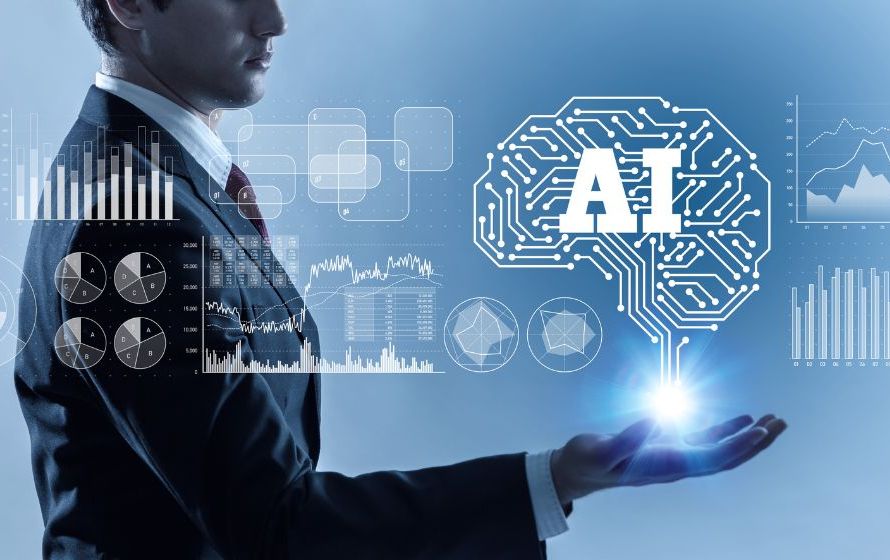Recruitment has undergone significant transformations since the days of paper applications and rolodexes. Each of these revolutions, largely fuelled by technological advancements, has left its mark on the hiring process, pushing the boundaries of efficiency, reshaping how we identify and secure top talent, and ultimately creating the recruitment landscape we know today.
However, the surge in automation technology has had an unforeseen consequence: While it has undoubtedly increased efficiency, it has also unintentionally shifted the focus from people to processes, creating a tech-heavy environment with inherent limitations.
As a result, recruitment today is a long, intricate process, tangled up in a web of tools and procedures. The level of complexity has reached a point where efficiency is taking a hit, causing delays and adding unnecessary complications for candidates and recruiters alike.
Now, the introduction of gen AI in the workplace has made us realize that there’s a way out of this.
Unlike its predecessors, AI operates fundamentally differently and can act as a catalyst, taking over all the admin and freeing up recruiters to do what they’re best at: building relationships with candidates and stakeholders.
Because of this, a new recruitment revolution is coming, this time driven by artificial intelligence. Here’s how we think the future of recruitment will look like, in the AI-led era.
Evolution of recruitment: A journey through technological waves
To truly grasp the future of recruitment, let’s take a moment to retrace the path we’ve walked.
Understanding these past milestones, from the digital revolution to today’s heavy focus on process automation, will equip us with the insights needed to navigate the upcoming wave of AI-led automation in talent acquisition.
- Computerization and ATS (1980s – 1990s) – Remember sifting through endless paper resumes? The advent of computers initiated the computerization of recruitment processes, creating the first Applicant Tracking Systems (ATS) to streamline the handling of CVs and applicant information. Resumes weren’t lost in the abyss anymore, and efficiency became the game changer.
- Internet and online job boards (Late 1990s – Early 2000s) – Then came the internet and its adoption in the workplace, and recruitment was no exception. Platforms like Monster and Indeed emerged, connecting job seekers and employers on a global scale. Suddenly, reaching a diverse talent pool became effortless. At the same time, job seekers could access a myriad of opportunities in a few clicks.
- Social media recruiting (2000s – 2010s) – Social media platforms, notably LinkedIn, became integral to recruitment. Companies embraced social networks for identifying and connecting with potential candidates, expanding their reach and enhancing networking opportunities. We could now build relationships, target ideal candidates, and actively engage with talent online.
- Data analytics and recruitment marketing (2010s – Present) – Data became king, leading to the rise of data-driven recruitment. We started analyzing candidate profiles, crafting targeted outreach strategies, and understanding what attracted top talent. This shift from transactions to relationships was crucial. As the use of data analytics gained prominence, it led to the emergence of recruitment marketing strategies focused on employer branding, candidate experience, and data-driven hiring decisions.
- Automation and AI in recruitment (Present – Future) – The current era witnesses the integration of automation and artificial intelligence (AI) in recruitment processes. From sourcing and resume screening to candidate matching and interview automation, AI promises increased efficiency and a more personalized experience. But the journey doesn’t end here!
- Autonomous hiring (Future) – The future holds the promise of autonomous hiring processes, where AI handles much of the admin work, freeing up recruiters to focus on more strategic and value-adding initiatives. Predictive analytics might even help us anticipate future talent needs, proactively engaging ideal candidates or matching applicants with clients to drive business growth.



